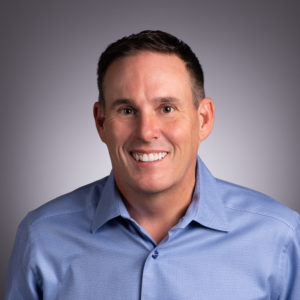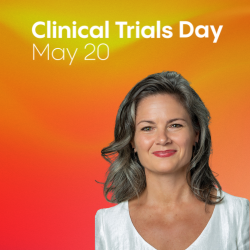The problem of diversity in clinical trials won’t significantly improve until industry adapts more creative ways to “bring research to the community,” rather than expecting potential patients to jump through logistical hoops to participate in a trial, says John Potthoff, CEO of Elligo Health Research.
Up until now, the “industry default has been to go fishing” and expect patients to come to it, Potthoff says. “That’s the wrong way to go. We as an industry have to take on the logistical issues” by going to the patients.
Potthoff believes the clinical trial industry can learn a lot from the broader healthcare industry in terms of improving patient outreach and convenience. One example: “Look at how the healthcare industry is handling delivery of services” by setting up more localized facilities, he says. Healthcare providers have done a good job of improving access to care, he adds.
Potthoff and team at Elligo have had some encouraging anecdotal feedback after working more closely with local communities in Texas and Colorado. In Texas, local officials reached out to Elligo to help bolster the paltry clinical trial options for El Paso, a primarily Latino city of nearly 700,000.
“We’re working with local officials to get local physicians more engaged in clinical trials,” Potthoff says.
Experts there are focusing on innovative care in diverse communities and across different populations, in hopes of promoting enrollment practices to better reflect a wider range of patients. In Elligo’s mini-documentary filmed in El Paso, viewers meet an innovative local leader and physician who is bringing new treatment options to the community with the company’s help.
It’s early days—the El Paso initiative began in the third quarter of 2019, while a similar outreach in Laredo, Texas occurred at the end of 2019—but Potthoff says the level of interest and enthusiasm for clinical trials is on the rise. “We’re getting physicians engaged in trials, and sponsors are coming to us and also engaging physicians,” he says.
Further, in Colorado, Elligo partnered with the Center for Women’s Health, a medical practice focused on obstetrics and gynecology services, to improve clinical trial access to women. Elligo also has nearly 50 women’s health–focused research sites and is anticipating adding more, making it the largest women’s health network in the world.
Author: Michael Causey



